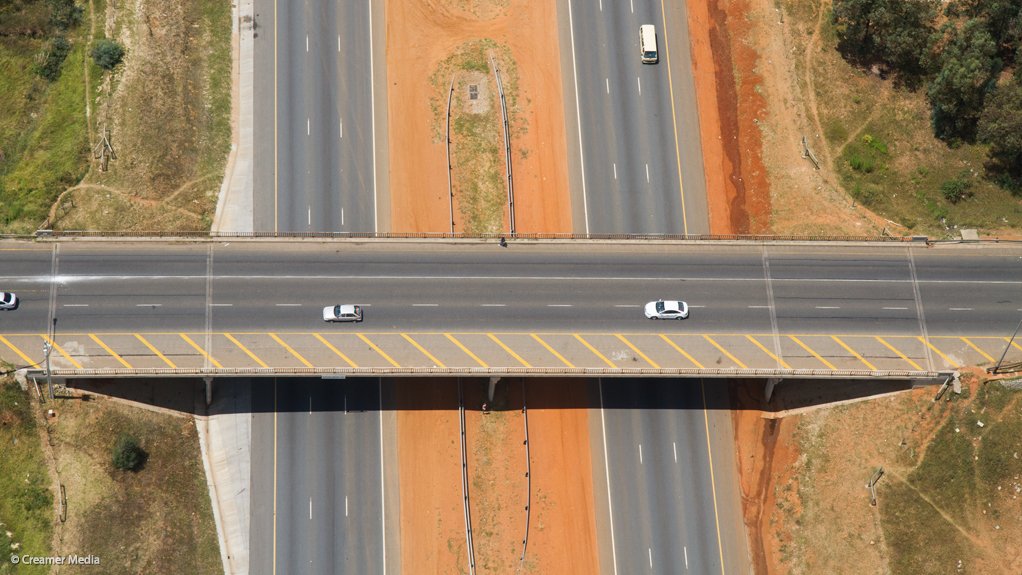The South African government in 2012 collected R40.4-billion from the national fuel levy, said Stellenbosch University transport economics lecturer Johann van Rensburg at the Southern African Transport Conference on Tuesday.
However, the fuel levy was increasingly becoming a less productive income source for government in relation to road use, he noted. Part of Van Rensburg’s PhD research was to thrash out a complex equation to measure this productivity.
He said governments worldwide were finding that fuel levies were a diminishing revenue source.
In South Africa in 2004 the fuel levy made up 26.3% of a litre of petrol sold locally, dropping to 17.9% in 2012. In the UK this figure was 71.2% in 2004, and 59.5% in 2010. In Brazil it was 46.4% in 2004, and 42.5% in 2012.
The fuel levy in South Africa was ring-fenced for the provision of road infrastructure until 1988, when it was removed and the funding flowed into the general fiscus.
According to Van Rensburg, the current unproductivity of the fuel levy resulted from the registered vehicle population in South Africa expanding by 47.2% between 2003 to 2012, while vehicle kilometres travelled increased by 38.5% over the same period. However, fuel sales only increased by 21.9%.
Advances in technology were making road vehicles more fuel efficient each year, he explained.
Between 1970 and 2012 the average fuel efficiency of all vehicle types increased by 32%, at an average rate of 0.9% a year, noted Van Rensburg. Roughly translated this implied that a 2012 model vehicle could travel 32% further than a 1970 model vehicle, using the same fuel amount, and paying the same fuel levy.
The introduction of electric vehicles (EVs) and biofuels into the market were set to further contribute to fuel efficiency.
South Africa had also seen the introduction of two EVs not using fuel.
Van Rensburg said a review of fuel levy regulations was needed as increasing the levy each year would only be a temporary solution to the problem of diminishing income.
“The fuel levy must be supplemented or replaced by a viable alternative, in order to secure a long-term sustainable income source for the country’s aging transport (road) infrastructure,” he stated.
“Future research would need to consider alternative financing options, including toll roads and GPS-enabled road-user charging, to supplement the fuel levy.”
EMAIL THIS ARTICLE SAVE THIS ARTICLE
To subscribe email subscriptions@creamermedia.co.za or click here
To advertise email advertising@creamermedia.co.za or click here











